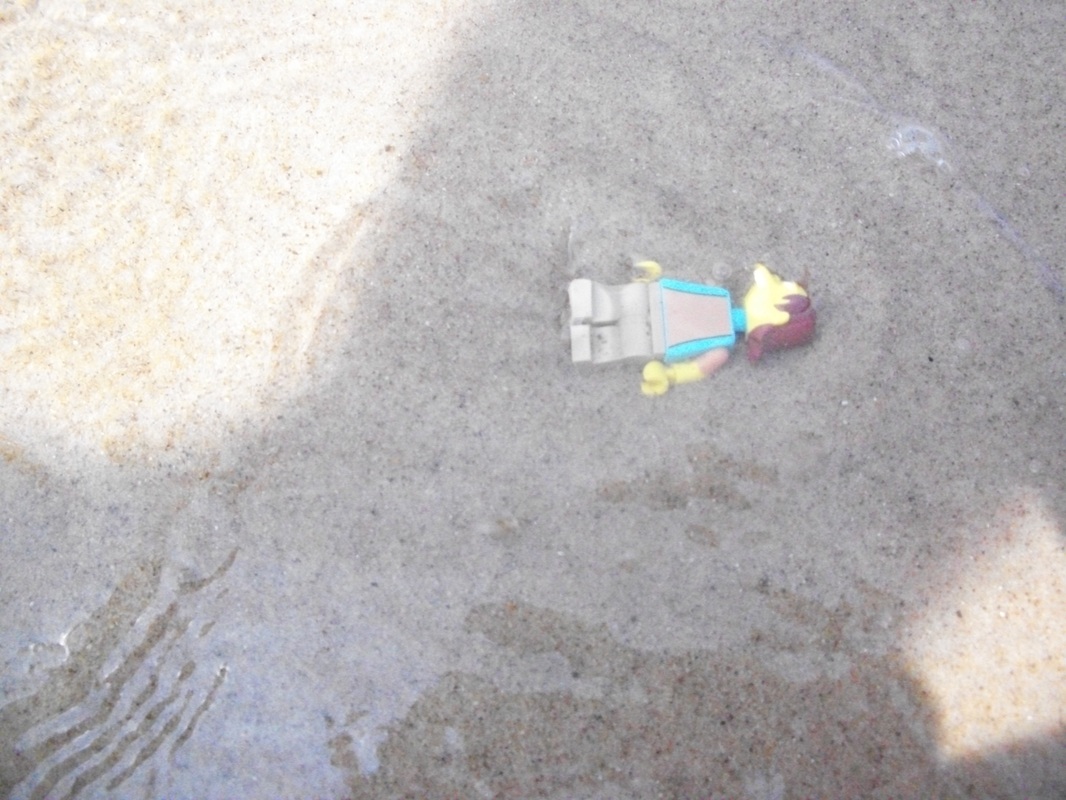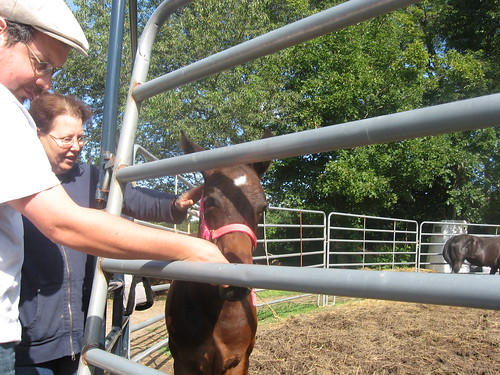|
|
Friday, July 11th, 2014
 We went to Europe! Stayed with Jacki in Amsterdam, at airbnbs in Gerona and Barcelona, and back to Amsterdam. A wonderful time! As always, a new city for me brings with it the compulsion to visit bookshops -- we were traveling light so I kept my acquisitions to a minimum however. My two favorite bookshops in Barcelona are LibrerÃa Antiquaria Studio on Carrer d'Aribau, a seriously old-school antiquarian bookshop where I bought the first book to catch my eye, fortuitously it was Pere Gimferrer's Primera y última poesÃa; and Laie LibrerÃa y Café on Carrer Pau Claris, where I bought Maimónides' Guia de los perplejos and Pedro Salinas' Poemas inéditos. We went to Europe! Stayed with Jacki in Amsterdam, at airbnbs in Gerona and Barcelona, and back to Amsterdam. A wonderful time! As always, a new city for me brings with it the compulsion to visit bookshops -- we were traveling light so I kept my acquisitions to a minimum however. My two favorite bookshops in Barcelona are LibrerÃa Antiquaria Studio on Carrer d'Aribau, a seriously old-school antiquarian bookshop where I bought the first book to catch my eye, fortuitously it was Pere Gimferrer's Primera y última poesÃa; and Laie LibrerÃa y Café on Carrer Pau Claris, where I bought Maimónides' Guia de los perplejos and Pedro Salinas' Poemas inéditos.
Also: picked up Bonsái by Alejandro Zambra at a small used-book shop on the Ramblas; and had my interest in Infinite Jest renewed when I opened the copy that was on the shelf of the apartment we stayed in in Barcelona -- I leafed at random to p. 755, 11 Nov. YDAU, and kept laughing for hours. The first thing I did this morning was head over to Words bookshop in Maplewood and buy a copy, and start it from the front. An employee at the salon where Ellen was having her hair done asked what the book was that was making me laugh so hard, and put it on her reading list.
posted afternoon of July 11th, 2014: Respond
➳ More posts about the Family Album
|  |
Thursday, July 31st, 2014
 
As the floor wafted up and C's grip finally gave, the last thing Gately saw was an Oriental bearing down with the held square and he looked into the square and saw clearly a reflection of his own big square pale head with its eyes closing as the floor finally pounced. And when he came back to, he was flat on his back on the beach in the freezing sand, and it was raining out of a low sky, and the tide was way out.
So what did I think about Infinite Jest the second time? I read it back in '97 or thereabouts, and then lent it to Maurice, and his apartment flooded, destroying the book, so have not looked at it again since, until I picked it up a few weeks back.My take back then, and what I've always said to people since, was it's a magnificent book for the first 700 or so pages, then trails off and does not go anywhere. And, well, I'm much more enthusiastic now about pages 700 - 9xx. The whole book is just really engaging and beautiful. But the ending. Well, it leaves me hanging in what seem like some important ways. It seems to me like the two most important characters are Hal I. and Don G. I identify strongly with both of them pretty consistently throughout the book. Hal spends the book quitting marijuana and unraveling -- and it's clear from the first chapter, in the Year of Glad, that his unraveling continues after the end of the book. But I don't have a very clear sense of what this means, or why it's happening. Does it have something to do with the Entertainment? Does it have something to do with DMZ? (What is DMZ even doing in the book, if Hal and Pemulis don't end up taking it?) Gately spends the novel quitting his narcotics habit and opposite-of-unraveling -- no that's not quite right I guess, he is sober and substance-free by the beginning of the novel, there are plenty of flashbacks to his addicted past and to his 12-steppery, but he is clearly free of that in the novel's present tense. I do wonder where he goes -- does he get together with Joelle? And why does ghostly JOI visit him at such length? Mainly I wonder why the final pages of the novel are a flashback to him getting high. It doesn't really seem to do anything for the story. And this is a big deal -- what happens with the A.F.R. invasion of the tennis academy? The very last thing that happens in the book's present tense is them arriving on campus. But we know from chapter 1 that they did not kidnap Hal (I think? Or they did and he got back to E.T.A? Anyways something has to have happened.) We know from chapter 1 that ONAN has not been decimated by any Entertainment catastrophe. There was a possibility the master tape for the Entertainment was at the Ennet House, but no follow-up. And I'm completely driven crazy by how Hal made a casual reference, talking to Orin, to digging up somebody's grave -- throughout the book there are veiled hints that JOI's grave was robbed -- but it doesn't really go anywhere.
So -- I'm going to stick with my opinion that the ending is weak. But everything else about the book needs to be underlined and with exclamation points, what a great great book it is, how deeply necessary it is to read this book if you want to understand addiction. That's all.
posted evening of July 31st, 2014: 7 responses
➳ More posts about Readings
|  |
Sunday, October 30th, 2016
If Never Let Me Go and Infinite Jest had a baby, it would be episode 2 of Black Mirror: Fifteen Million Merits.
posted morning of October 30th, 2016: Respond
➳ More posts about Never Let Me Go
|  |
Monday, May 11th, 2020
So the ten books that first occur to me as "books that have profoundly influenced my worldview" (whatever those words mean) are, and I posted them in the order that they occurred to me yesterday and today:
- Snow (Orhan Pamuk, Turkey 2002)
- Bicameral Mind (Jaynes, US 1976)
- INFINITE JEST (dfw, US 1996)
- El arte de la resurrección (Hernán Rivera Letelier, Chile 2010)
- Bleak House (Dickens, UK 1853)
- The Autograph Man (Smith, UK 2002)
- Manituana (Wu Ming, Italy 2007)
- Debt (Graeber, US 2011)
- Regeneration Through Violence (Slotkin, US 1973)
- The Unknown University (Bolaño, Chile 2011)
(9 should probably have an asterisk by it, I don't think I ever actually read the whole book.)
I'm happy with this list. I would recommend any of these books highly, were a friend to come to me looking for reading material. Maybe 9. should trade places with #11, "Blindness" by Saramago. I have blogged many of these reads, not all.
posted afternoon of May 11th, 2020: Respond
➳ More posts about Snow
| |
|
Drop me a line! or, sign my Guestbook.
•
Check out Ellen's writing at Patch.com.
| |









